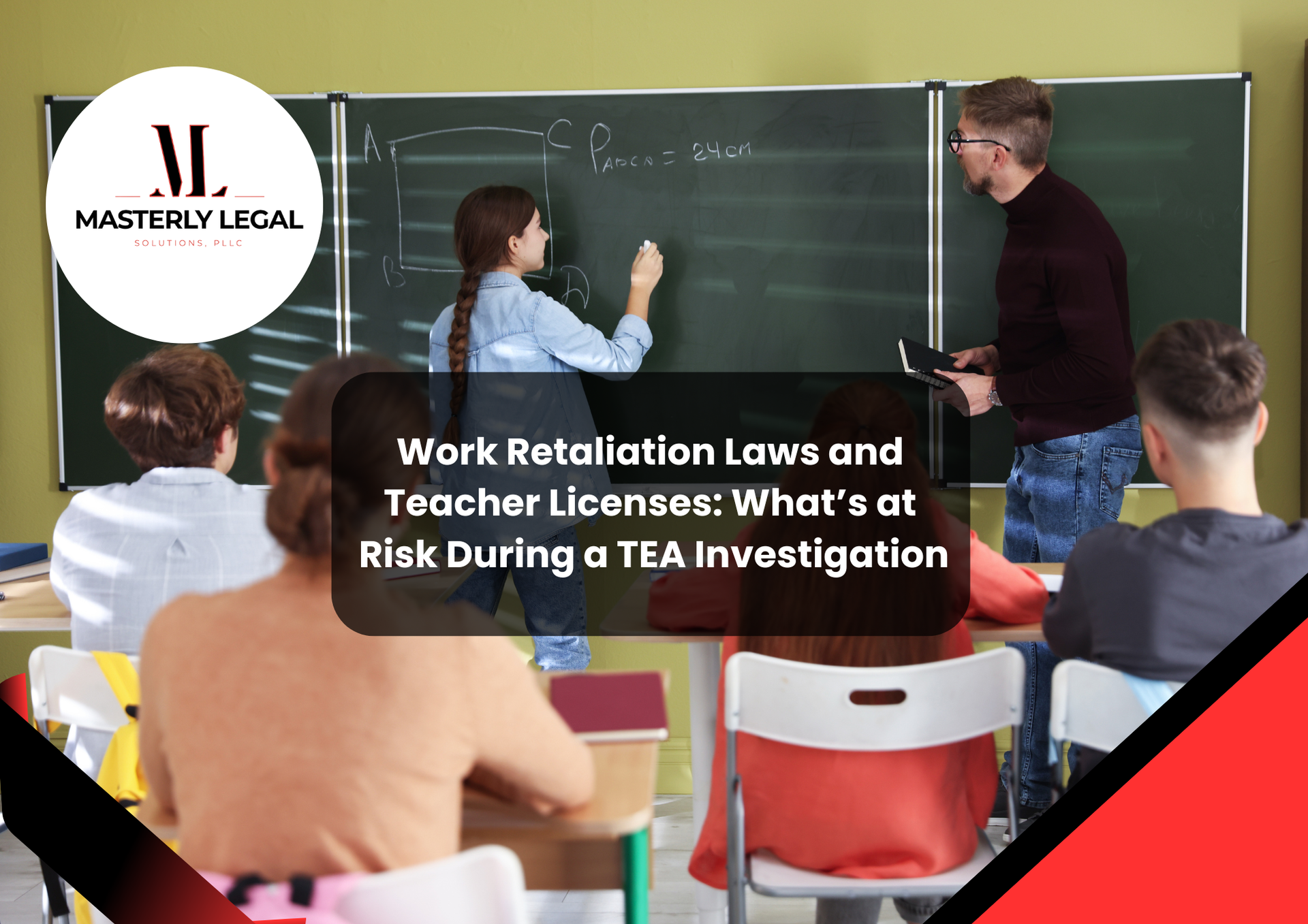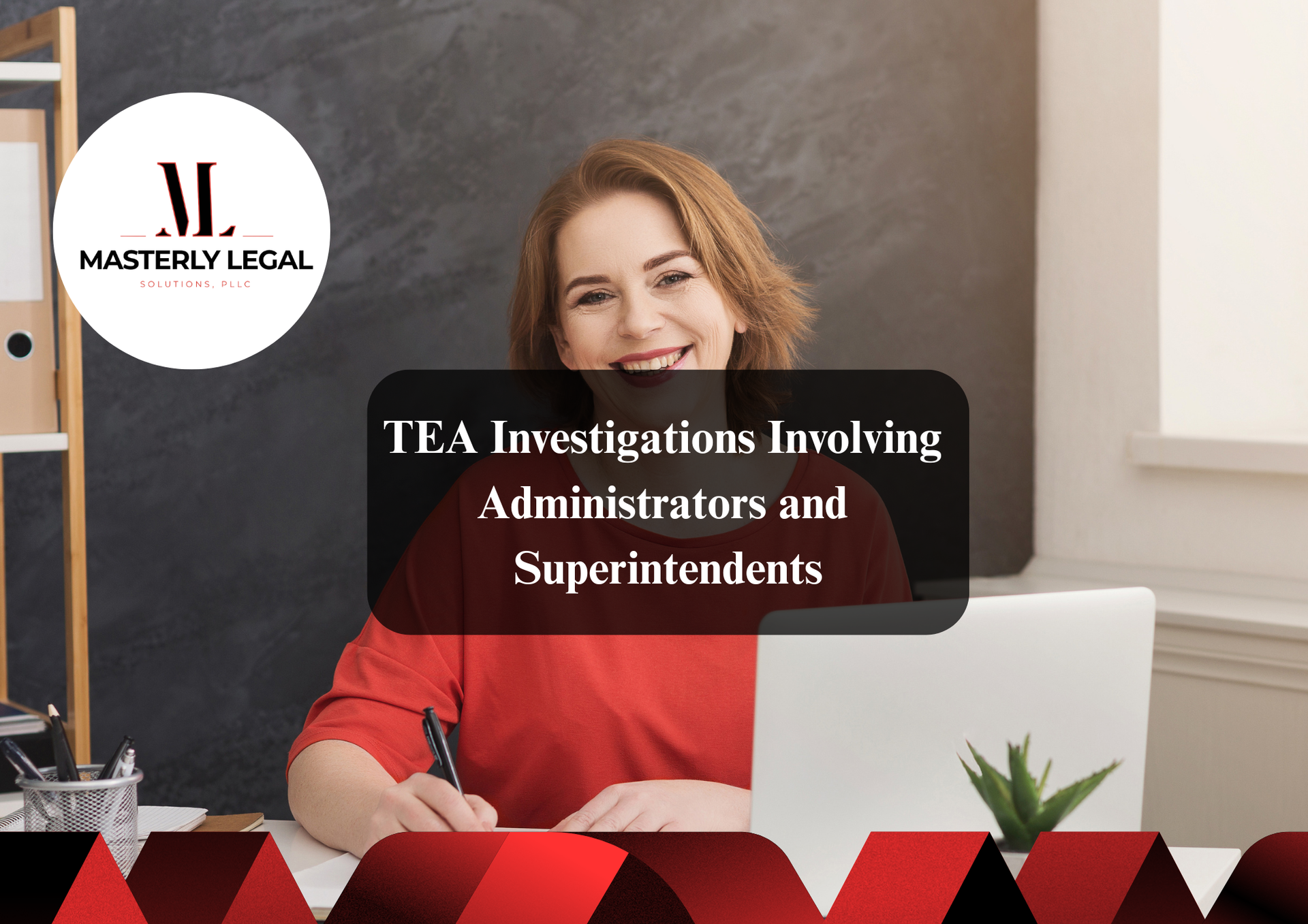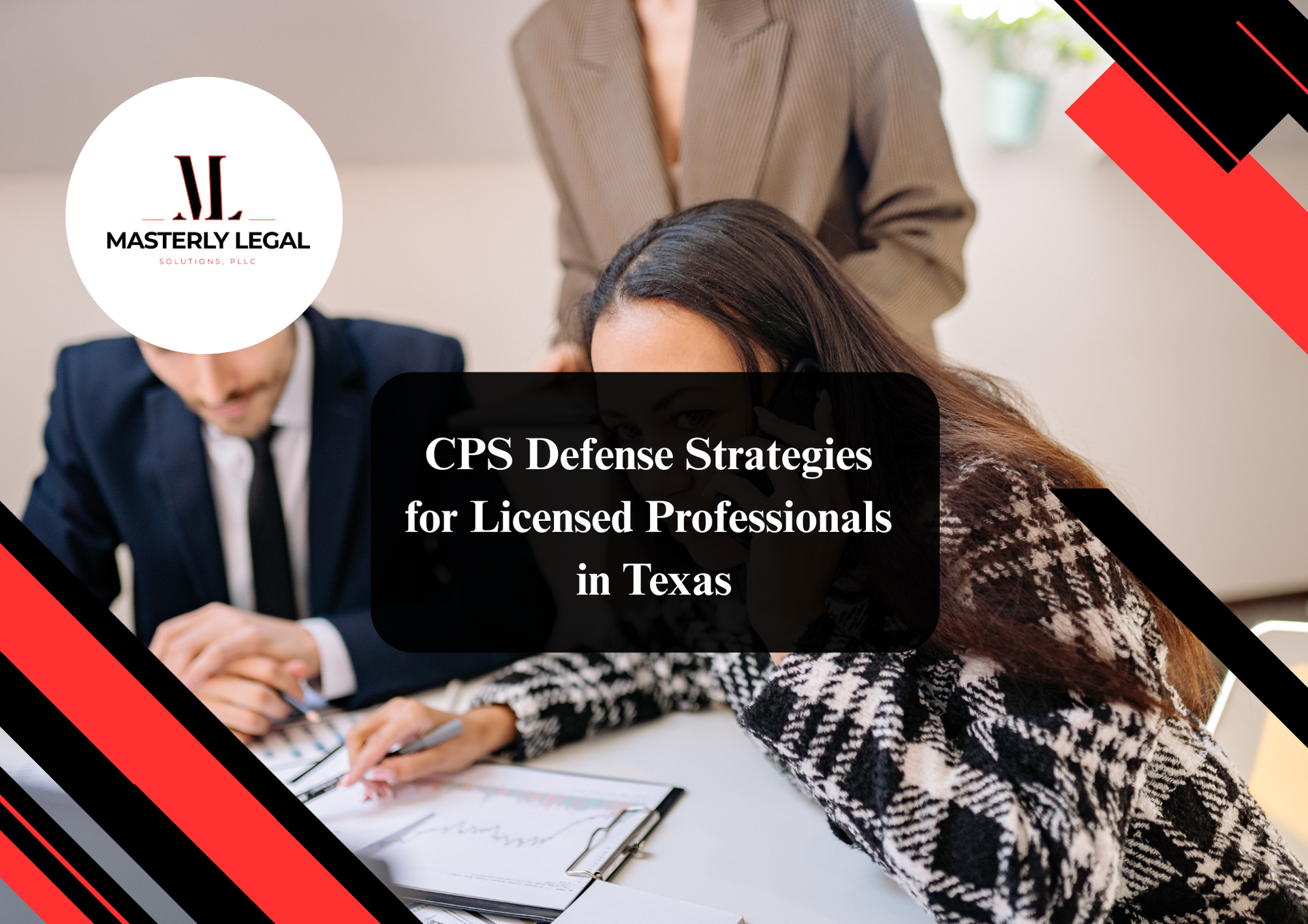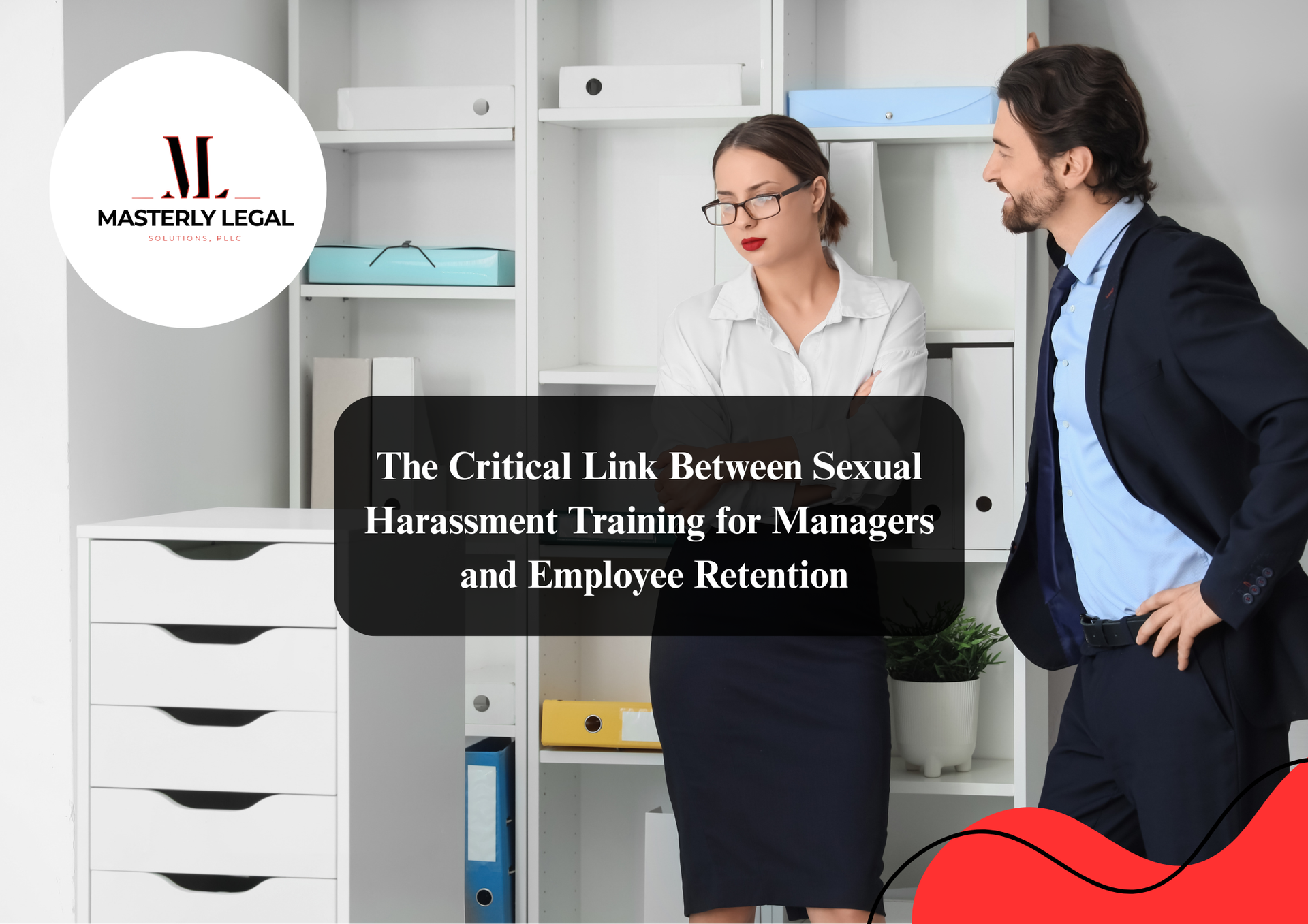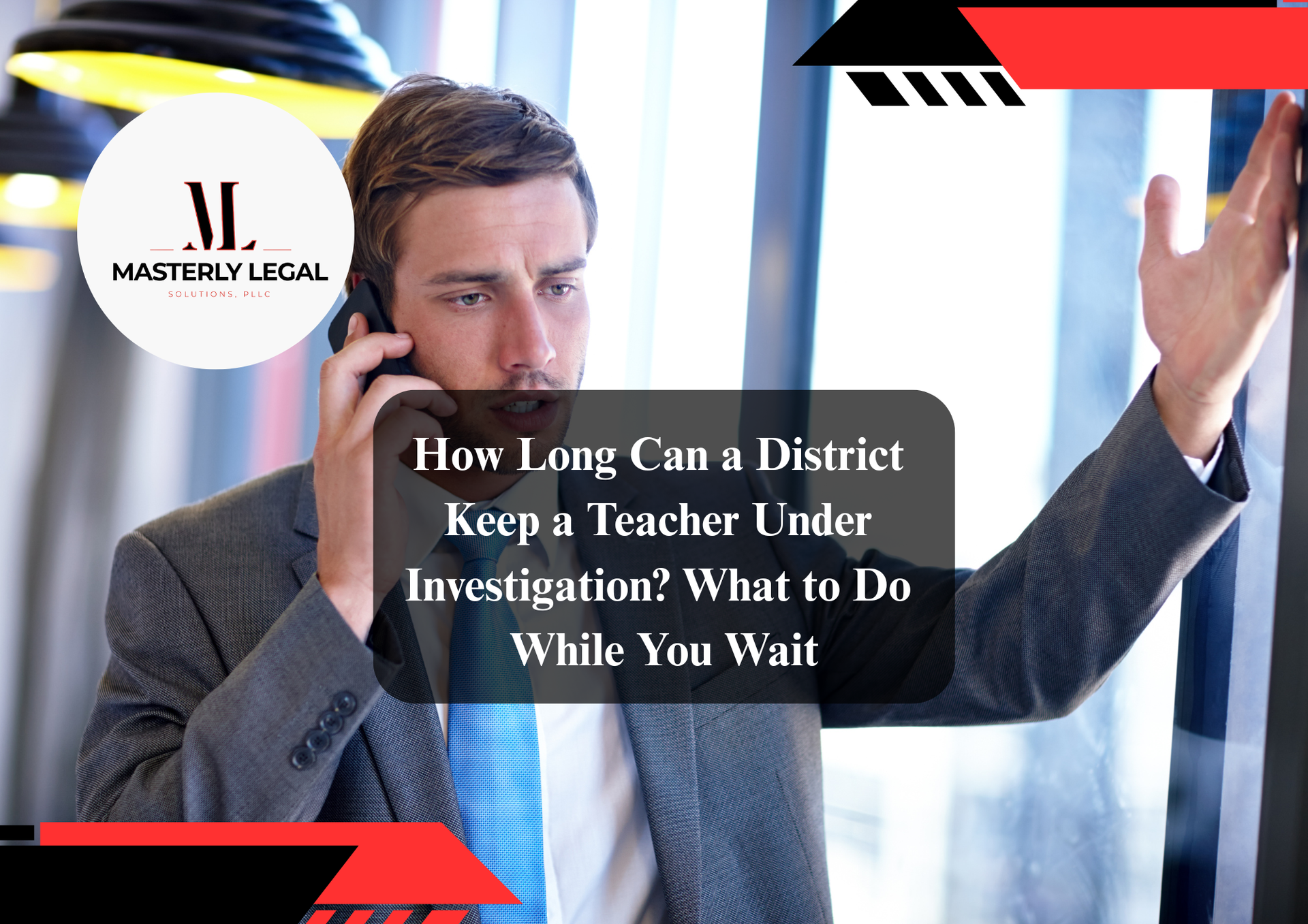Legal Defense for College Administrators: Handling NCAA Investigations and Student-Athlete Agreements
Navigating the world of higher education can feel like walking a tightrope, especially when legal challenges from NCAA investigations, employment disputes, Title IX matters, or student-athlete agreements suddenly appear. College administrators, faculty and staff leaders, and athletic directors often find themselves responsible for critical decisions that affect the future of their college and university community. This article breaks down how higher education law intersects with NCAA compliance, student-athlete issues, and broader education-related legal risks. If you work in higher education, this is worth reading because it gives you practical insight into real risks, legal exposure, and how attorneys who are experienced in higher education can protect both your institution and your career.
Understanding the Landscape of Legal Issues in Higher Education
Higher education today is shaped by evolving regulations, increased college athletics activity, and heightened scrutiny from the Department of Education. Administrators must understand how education law affects their day-to-day responsibilities, particularly when problems arise. Issues for higher education are rarely simple, and legal issues can escalate quickly. Many administrators are surprised to learn how often seemingly routine decisions trigger involvement from legal counsel or even outside attorneys.
Higher education institutions face pressure from student-athlete expectations, federal and state regulations, employment disputes, and Title IX investigations. College and university clients rely on higher education attorneys and university attorneys because these matters frequently involve litigation, compliance reviews, or evaluation of policies and practices. In a higher education environment where scrutiny comes from the public, the media, and external oversight agencies, administrators need education attorneys who understand the intersection of law, athletics, policy, and risk.
Why NCAA Investigations Have Become a Higher Education Priority
College sports have grown into a nationwide enterprise. With NIL (name, image, likeness) opportunities and increased student-athlete mobility, NCAA investigations have become more common. College athletics departments now face compliance issues ranging from improper benefits to recruiting violations, student-athlete agreements, and allegations involving coaches or staff. Legal and practical issues often arise overnight, leaving administrators unsure how to respond.
During an NCAA investigation, administrators must handle interviews, document requests, and communications with investigators. Legal challenges grow quickly if statements are inconsistent or if compliance protocols are unclear. At this stage, general counsel or outside counsel becomes essential. Attorneys serve administrators by guiding internal responses and helping institutions of higher education avoid penalties. Higher education law firms with decades of experience can strategically advise on investigations while protecting the institution’s rights.
How Higher Education Administrators Should Prepare for NCAA Compliance Issues
Preparing for potential NCAA issues requires strong compliance practices. Administrators must understand education law matters that affect recruiting, scholarships, student-athlete compensation, and use of NIL agreements. Federal and state guidelines often intersect with NCAA rules, which expands the areas of law administrators must monitor. Colleges should regularly provide legal training on higher education law to athletic departments so leaders can identify issues before they escalate.
An education team—sometimes in-house, sometimes at an outside law firm—helps college or university employees navigate potential violations. The higher education team often works with athletics compliance staff, faculty and staff administrators, and human resources personnel. Their role is to assist colleges and universities by ensuring that institutional policies align with legal and regulatory expectations. The best practices for compliance include documenting procedures, organizing communication protocols, and reviewing agreements involving student-athletes.
What Happens When an NCAA Investigation Begins?
When an investigation begins, administrators are notified and asked to provide information. The process can feel overwhelming. Substantial documentation is required, and the NCAA looks closely at institutional controls and compliance practices. Investigators often request interviews, written statements, or access to communication logs between staff, students, or athletic personnel.
The Clery Act, Title IX, employment matters, and other compliance issues may surface during the review. Higher education attorneys provide key support during this period by coordinating communication, managing the release of documents, and ensuring the institution follows proper procedures. Missteps during initial communications can increase the risk of litigation. Administrators must protect themselves and the institution by consulting with an attorney early in the process.
Legal Responsibilities When Reviewing Student-Athlete Agreements
Student-athlete agreements are now central to education law. NIL contracts must comply with state and federal expectations, athletic association rules, and higher education law standards. College and university administrators are expected to review agreements for fairness, compliance, and risk. Because many agreements are created by outside companies, legal review ensures student-athletes are not exploited.
Administrators also need to advise student-athletes, especially when contract terms conflict with university policies. College athletics programs now operate like small businesses—every agreement has legal implications. Attorneys who are experienced in agreement review help protect both the student and the institution while avoiding violations of NCAA rules.
How Title IX Issues Intersect With NCAA and Higher Education Law
Title IX remains one of the most important areas of higher education law. Institutions must comply with Title IX during investigations involving athletics, sexual harassment, or misconduct allegations. The Office for Civil Rights may intervene if the Department of Education receives complaints. College administrators must also follow title ix compliance rules while balancing the interests of students, faculty and staff, and athletic personnel.
During NCAA investigations, Title IX concerns sometimes emerge, particularly where student-athlete conduct is in question. Higher education attorneys provide crucial support here as well, ensuring institutions remain compliant with federal and state guidelines. Education attorneys assist with investigations, hearings, and updates to faculty and staff handbooks to ensure compliance with policies and practices.
How Employment and Labor Law Issues Affect Higher Education Administrators
Employment disputes often arise during NCAA investigations. Athletic directors, coaches, and staff may face employment consequences when violations occur. Higher education legal obligations require institutions to treat employees fairly while maintaining compliance. Labor law concerns—such as unfair labor practice claims—may even appear if staff allege improper discipline or retaliation.
Legal counsel helps administrators manage employment-related decisions. The goal is to avoid litigation while protecting the overall reputation of the institution. Administrators must understand how employment, public relations, compliance, and education law connect during sensitive investigations.
Responding to Compliance Issues Before They Escalate
Compliance issues should never be ignored. Early communication with legal counsel can reduce the risk of long-term damage. Many institutions fail to recognize red flags until the Department of Education or NCAA becomes involved. With the growing use of education technology and federal and state reporting requirements, administrators must stay vigilant.
Regular audits, policy updates, department evaluations, and risk assessments are essential. A law firm can help update internal practices and create an education strategy that fits your institution’s needs. Experienced attorneys can help administrators identify vulnerabilities before outside investigators discover them.
How Higher Education Attorneys Protect Administrators During Litigation
Litigation is one of the most time-consuming and expensive legal challenges in higher education. Administrators may face lawsuits from students, employees, or third-party organizations. In many cases, lawsuits arise after NCAA investigations or Title IX matters reveal institutional weaknesses.
Litigation defense requires a law firm with higher education experience. Attorneys serve as advocates, guiding administrators through legal procedures, records requests, depositions, and hearings. Many cases involve education law, employment claims, or disputes with former coaches or staff. Institutions must rely on legal services that can handle the myriad legal concerns facing modern higher education institutions.
The Role of General Counsel in Higher Education Legal Work
General counsel plays a critical role in managing legal risks within colleges and universities. Whether in-house or outside, counsel works with administrators to review contracts, evaluate compliance, and address the myriad legal concerns that arise in a college environment. The general counsel office must regularly provide legal updates and education on Title IX, NCAA rules, faculty matters, and federal and state regulations.
Higher education law often requires collaboration between departments of education and justice, outside investigators, student affairs professionals, human resources teams, and athletic administrators. Because education clients often struggle to keep up with department of education updates, counsel becomes the central coordinator ensuring college and university operations remain compliant.
Addressing Legal Issues in College Athletics and NIL Programs
College athletics now operate within a rapidly evolving legal framework. NIL has introduced new challenges related to legitimacy, payment structures, contract compliance, student-athlete responsibilities, and university policies. Administrators must understand education law matters that relate to NIL programs, especially when student athletes sign agreements that may conflict with institutional guidelines.
Legal counsel helps administrators evaluate agreements, guide student-athletes, and avoid NCAA violations. College athletics compliance programs should collaborate with the higher education practice group within the institution or an outside law firm to ensure alignment between athletics, academics, and legal requirements.
Compliance Best Practices for Higher Education Leaders
Administrators must prioritize compliance in all areas of higher education, including NCAA rules, Title IX, employment matters, and student conduct. Best practices include:
- Documenting processes clearly
- Providing regular legal training for faculty and staff
- Updating policies annually
- Conducting risk management evaluations
- Reviewing agreements carefully
- Ensuring compliance with state and federal laws
When administrators follow these practices, they reduce legal risks and ensure the institution maintains credibility.
Why Higher Education Institutions Need Outside Counsel
Higher education clients often require support beyond what in-house teams can offer. University law matters frequently involve complex litigation, NCAA investigations, or federal regulatory challenges. A law firm with higher education experience includes attorneys with decades of experience and attorneys who are experienced in handling disputes specific to higher education.
Outside counsel often supports general counsel offices by conducting investigations, reviewing agreements, and providing strategic advice. Higher education legal needs are broad, and college and university attorneys help administrators manage unexpected challenges.
Education Law Matters That Require Immediate Legal Attention
Some education law matters require immediate attention from an attorney, including:
- Title IX complaints
- NCAA investigations
- Allegations involving sexual harassment
- Employment disputes
- Policy violations
- Contract issues
- Student misconduct allegations
Ignoring these issues can lead to litigation or federal investigation. Administrators must act quickly to protect their institutions.
How to Navigate Department of Education or NCAA Requests
Department of Education requests can feel intrusive, but they are common when institutions face compliance issues. Administrators must respond carefully, providing accurate information in a timely manner. Errors or omissions may increase scrutiny. A lawyer can guide the response process, ensuring compliance while protecting institutional interests.
Similarly, NCAA requests should be coordinated by legal professionals. Documentation must be complete, interviews should be properly prepared, and communications must be consistent. Higher education attorneys provide structure for these processes, reducing institutional risk.
Education Clients Need Continuous Support in a Changing Landscape
Education clients face a world where NCAA, Title IX, employment, and compliance expectations evolve quickly. Policies that worked last year may be outdated today. Higher education administrators must adapt to new federal and state guidelines, shifting student expectations, and changes in education technology.
Legal support gives administrators confidence. Whether updating policies, advising on agreements, responding to investigations, or preparing for litigation, attorneys ensure administrators make informed decisions that protect their institutions.
The Role of Higher Education Legal Counsel in Preventing Liability
Legal counsel does not just respond to crises—they prevent them. Preventative legal work includes:
- Reviewing institutional policies
- Evaluating agreements
- Advising on compliance protocols
- Training administrators
- Helping leadership understand areas of vulnerability
- Monitoring legal and regulatory changes
Proactive guidance helps colleges avoid investigations, reduce litigation risk, and improve institutional operations.
How Higher Education Attorneys Support Administrators During Crises
When crises occur—whether a high-profile NCAA investigation, a misconduct allegation, or an employment dispute—administrators must respond quickly and carefully. Higher education attorneys often lead crisis management efforts, coordinating communication, conducting interviews, reviewing documentation, and guiding decision-makers.
Their involvement ensures administrators avoid missteps and protect their careers. Crisis management in higher education requires calm leadership, strategic thinking, and a deep understanding of the education law landscape.
Summary of Key Points for Higher Education Administrators
- NCAA investigations can appear without warning
- Student-athlete agreements must be reviewed for compliance
- Title IX and employment matters often intersect with athletics
- Administrators must stay proactive to avoid investigations
- Legal counsel is essential for compliance and litigation defense
- Education law protects institutions from major risks
- Regular training and policy review reduce liability
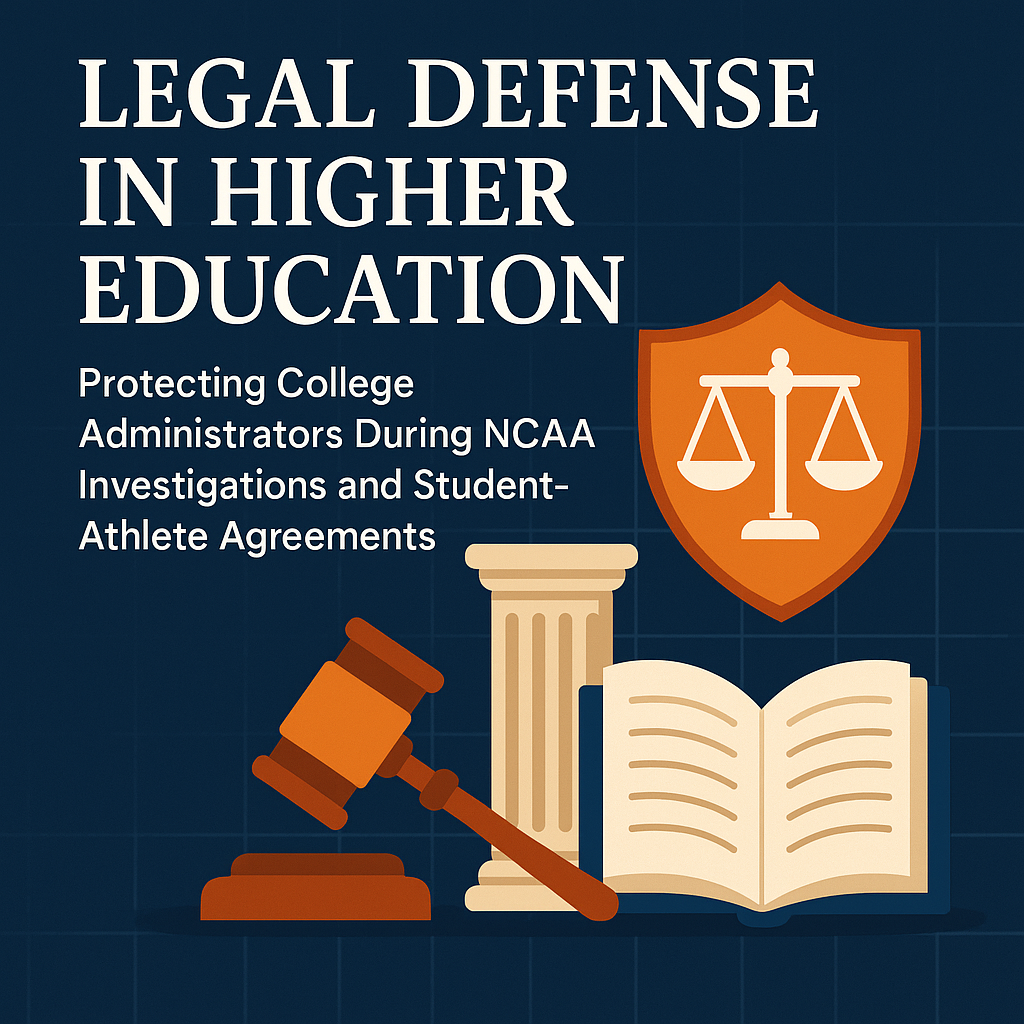
Higher Education Lawyer
A higher education lawyer provides essential legal advice to students and institutions within the higher ed landscape. This legal expert navigates the complexities of the practice of higher education, ensuring compliance with regulations and protecting the rights of students and colleges alike.
For students seeking student financial aid, a higher education lawyer can offer guidance on the eligibility criteria and application processes. This support is crucial in helping students access the necessary funds to pursue their academic goals.
Membership in organizations such as the National Association of College and the Association of College and University can enhance a lawyer's understanding of the unique challenges faced by the higher education community. Additionally, involvement in the Journal of College can provide insights into the latest trends and developments in this field.
In regions like Dallas, Texas, a higher education lawyer may focus on the needs of private colleges, ensuring that these institutions receive tailored legal support. With a commitment to serving the U.S higher education sector, these professionals play a vital role in shaping the future of education.
Contact Masterly Legal Solutions for Help
If you’re an administrator, athletic director, faculty leader, or part of a college and university team facing legal issues, you don’t have to handle these challenges alone. Our higher education law attorneys understand the unique demands of NCAA compliance, student-athlete agreements, Title IX issues, and broader education law matters. We work closely with higher education clients, helping them protect their institutions and their careers through strategic legal support tailored to the realities of modern higher education.
Whether you’re responding to an investigation, revising policies, or preparing for compliance reviews, we’re ready to help you move forward with confidence. Contact us at (972) 236-5051 for a free consultation so we can answer any questions you may have and provide guidance on your specific higher education law needs.
This article is for informational purposes only and does not constitute legal guidance.
Looking for Legal & Business Solutions? Contact Us Now
Fill in the form or call us to set up a meeting

